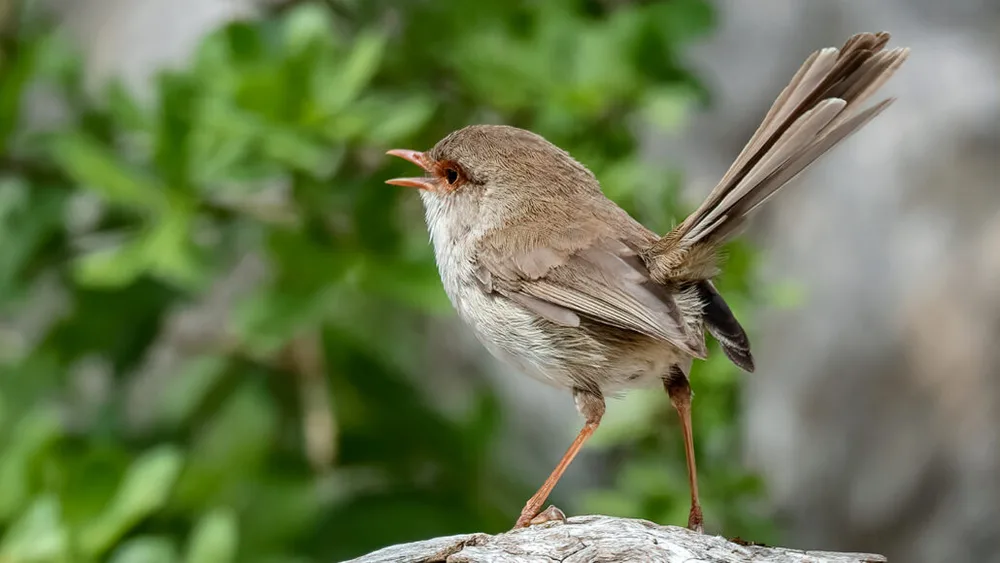
Over a decade ago, behavioral ecologist Diane Colombelli-Négrel was wiring superb fairy wrens’ nests to record the birds’ sounds when she noticed something odd. Mother fairy wrens sang while incubating their eggs, even though it would have made more sense to keep quiet to avoid attracting predators.
The discovery “was a bit of an accident,” says Colombelli-Négrel, of Flinders University in Adelaide, Australia. And it made her wonder: Could the baby birds be learning sounds, or perhaps even songs, even before they hatch?
Scientists have long wondered how early in development individuals learn to perceive distinct sounds. It’s known that human fetuses learn to recognize their mother’s voice (SN: 1/7/13). For birds such as superb fairy wrens (Malurus cyaneus) that perfect their songs with parental tutoring, it was thought that sound perception began well after hatching. But when it became obvious that mother birds were intentionally singing to their eggs, “we knew we were on to something,” says avian ecologist Sonia Kleindorfer of the University of Vienna.
Previous research by Colombelli-Négrel, Kleindorfer and colleagues showed that unhatched superb fairy wrens learn a vocal “password” from mom that helps mothers discriminate their own nestlings from those of pesky cuckoo invaders (SN: 5/9/14). What’s more, unhatched superb fairy wrens appear to distinguish between songs of their own species and others, the team reported in 2014.
Research Articles:
D. Colombelli-Négrel et al. Prenatal auditory learning in avian vocal learners and non-learners. Philosophical Transactions of the Royal Society B. Vol. 376, October 25, 2021. doi: 10.1098/rstb.2020.0247.
D. Colombelli-Négrel, M.E. Hauber and S. Kleindorfer. Prenatal learning in an Australian songbird: habituation and individual discrimination in superb fairy-wren embryos. Proceedings of the Royal Society B. Vol. 281, December 22, 2014. doi: 10.1098/rspb.2014.1154.
S. Kleindorfer, C. Evans and D. Colombelli-Négrel. Females that experience threat are better teachers. Biology Letters. Vol. 10, May 2014. doi: 10.1098/rsbl.2014.0046.
D. Colombelli-Négrel et al. Embryonic learning of vocal passwords in superb fairy-wrens reveals intruder cuckoo nestlings. Current Biology. Vol. 22, November 20, 2012, p. 2155. doi: 10.1016/j.cub.2012.09.025.